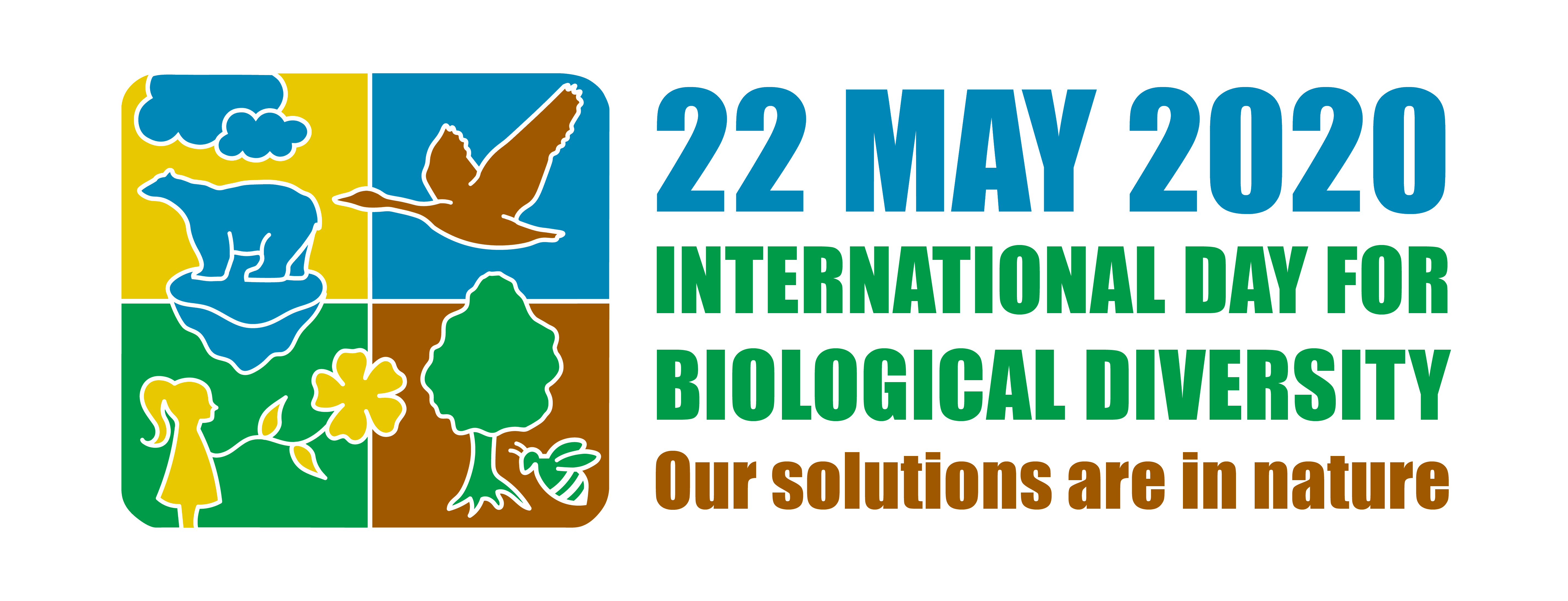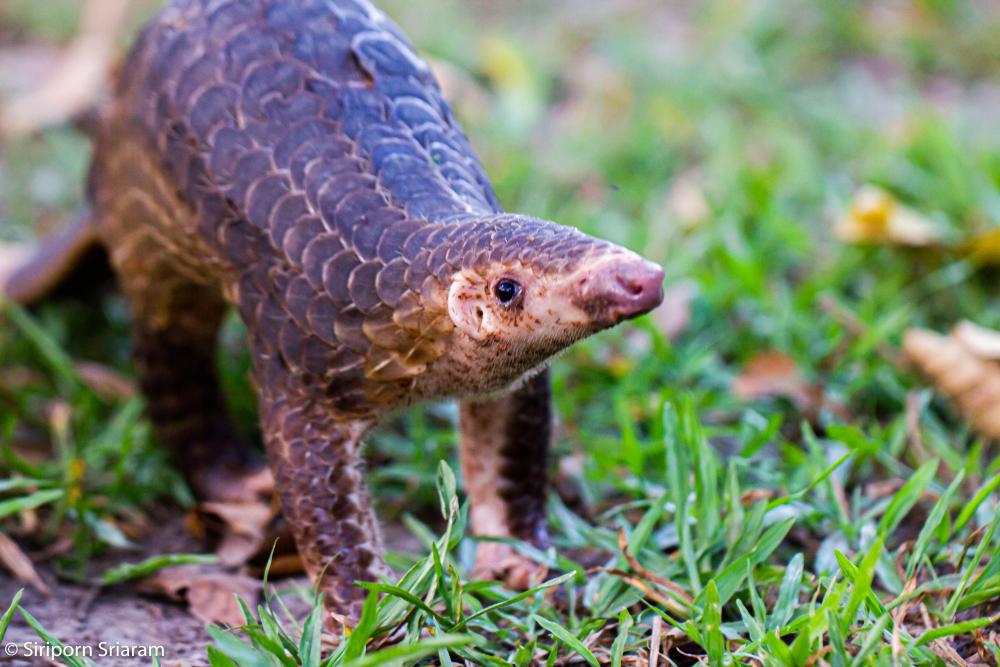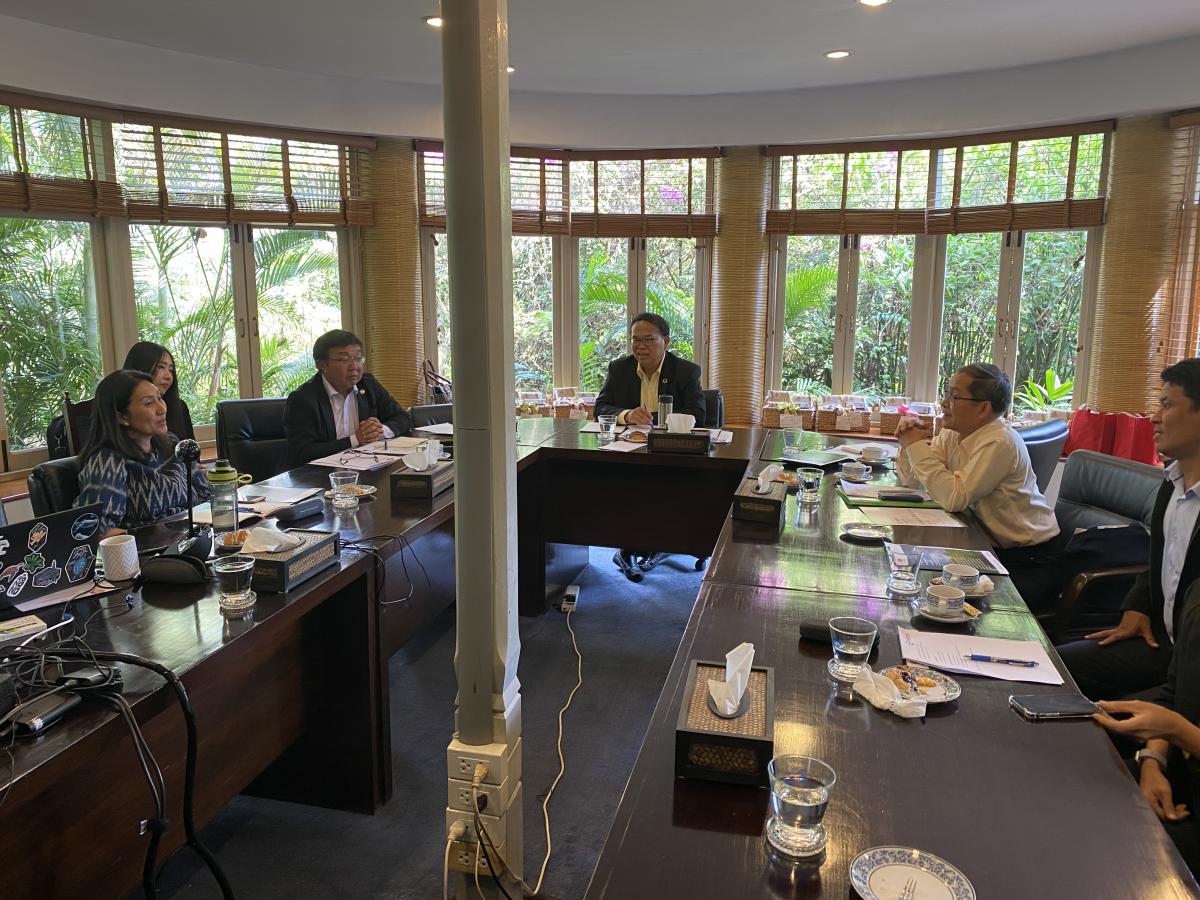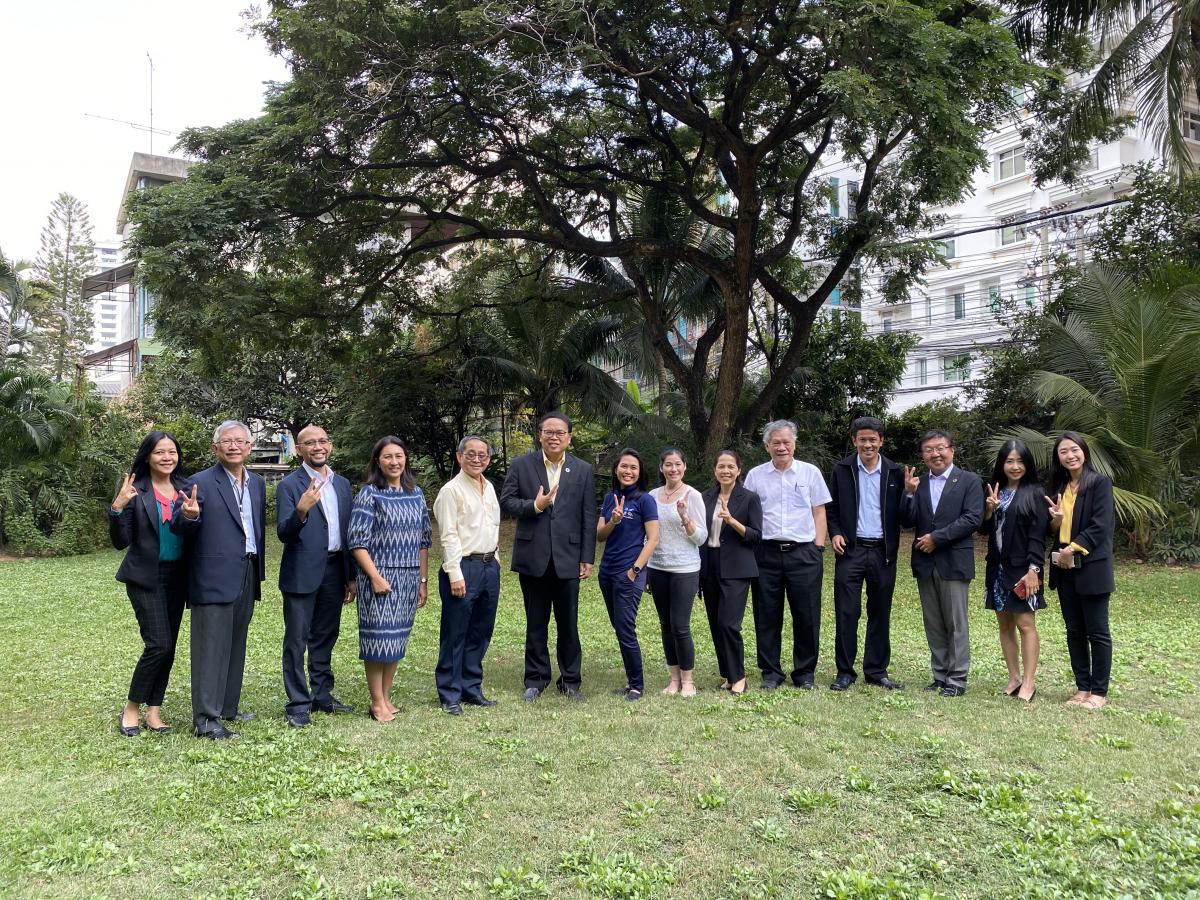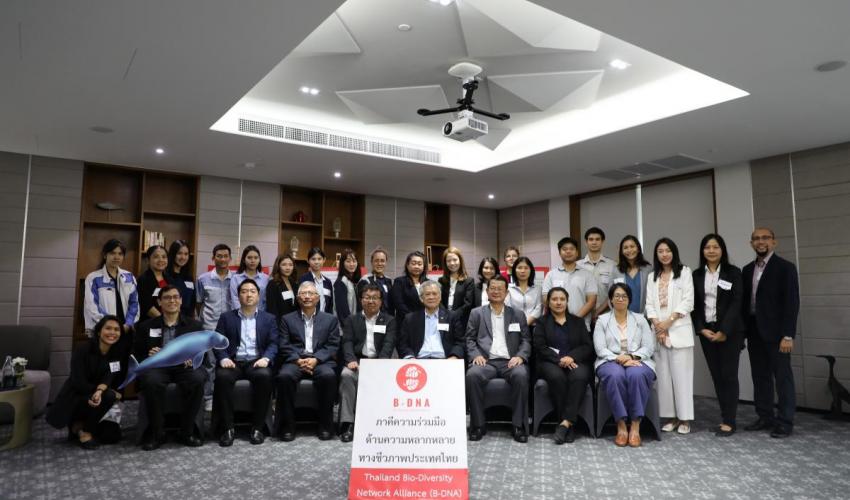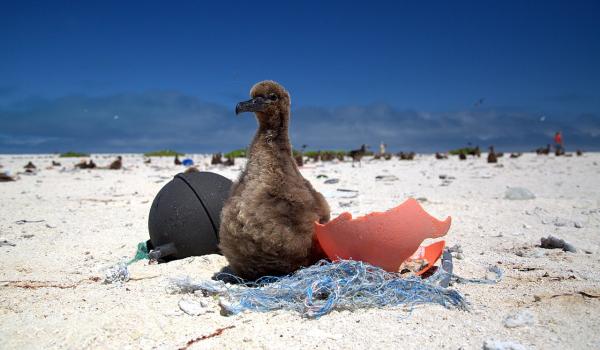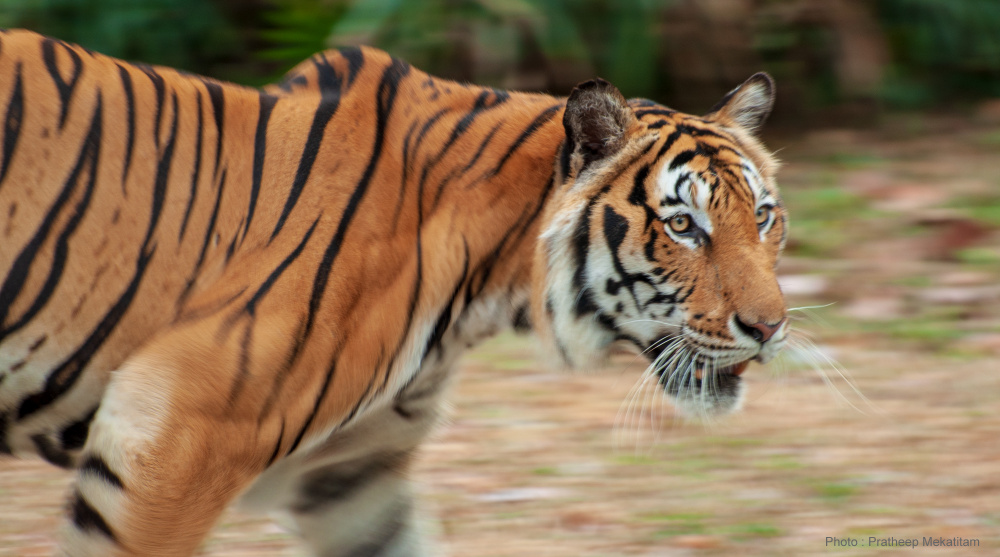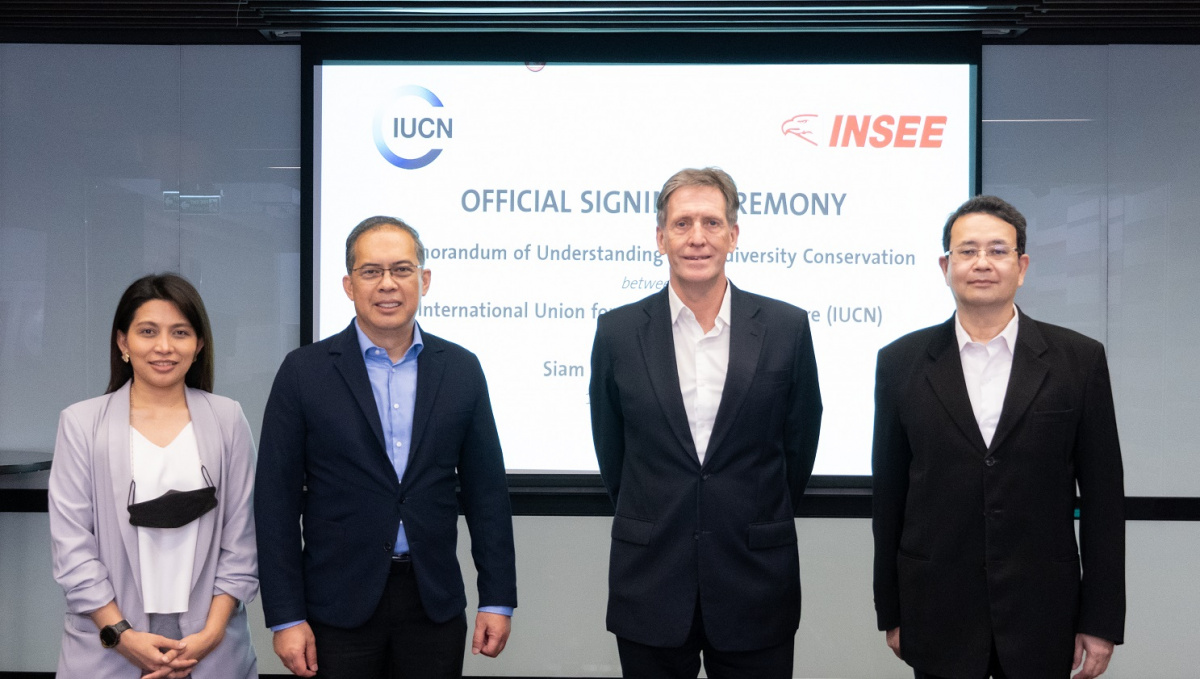Celebrating International Day for Biological Diversity 2020 – continuing private sector partnership for biodiversity conservation and sustainable future
Our solutions are in nature is the theme for this year’s UN day of biodiversity on May 22. Particularly apt as our global community is called to re-examine its relationship with the natural world and we become aware of our complete dependence on ecosystems that are healthy and adaptable.
Nature, its services and requirements
The resources from biological diversity resources and the associated ecosystem services are the pillars upon which we build civilizations.
For example, fish provides 20 per cent of animal protein to about 3 billion people. Plants provide over 80 per cent of the human diet. Globally, 80 per cent of people living in rural areas in most developing countries rely on traditional plant‐based medicines for basic healthcare. This reliance has bonded local communities with nature in a harmonious balance.
Reports have shown that biodiversity loss and going beyond the boundaries of human and wildlife could expand zoonoses or diseases transmitted from animals to humans. Thus, if we keep biodiversity intact, it could offer excellent tools and safe havens to fight against pandemics such as the COVID 19.
Ecosystem integrity has a strong connection with human health and development. Human-induced environmental changes modify wildlife habitat and reduce biodiversity, resulting in new environmental conditions that favor certain hosts, vectors, and/or pathogens and the eventuality of pathogens jumping from species boundaries.
The current rate of extinction across the planet is 1,000 times higher than the natural rate. The world is losing 150-200 species daily. IUCN’s flagship knowledge product The IUCN Red List of Threatened Species™ is the world’s most comprehensive and trusted resource on the status of the world’s biodiversity.
Going back to nature
This year sees the end of the UN decade on biodiversity, a decade with a focus on raising awareness, mainstreaming biological diversity and continued protection of species. A decade that has seen businesses recognizing that moving towards sustainable consumption and production (SCP) patterns can generate significant benefits for the private sector.
As this decade ends, the private sector has a strong role to play in re-assessing our relationship with nature.
Conversely, the private sector recognizes that biodiversity loss can negatively impact business operations. Biodiversity is a fundamental component of long-term business survival. Businesses rely on genes, species, and ecosystem services as critical inputs into their production processes, depend on healthy ecosystems to treat and dissipate waste, maintain soil, water quality, and help control the air composition. If the biodiversity crisis continues unabated, it has been estimated that the food, commercial forestry, and ecotourism industries stand to lose a collective $338 billion a year.
Thailand’s private sector share
The Thailand Bio-Diversity Network Alliance (B-DNA) is the country’s first and only national Business and Biodiversity platform. The platform aims to strengthen the private sector’s role in nature conservation in Thailand, with a focus on biodiversity and contributing to achieving the Sustainable Development Goals and Aichi Biodiversity Targets. B-DNA provides companies the opportunity to build their awareness and capacity for sustainability, and to network and collaborate on conservation projects across Thailand. B-DNA’s founding partners are IUCN and Toyota.
As we go back to nature for help and inspiration for a better world, B-DNA will continue to provide companies the opportunity to build their awareness and capacity for sustainability, and to network and collaborate on conservation projects across Thailand. B-DNA’s founding partners are IUCN and Toyota.
B-DNA supports Thailand’s biodiversity goals and is in line with Thailand Strategic Goals 2020 and 2021:
- By 2020, every sector of society has basic knowledge on biodiversity and are aware of the importance of the conservation and sustainable use of biodiversity.
- By 2020, biodiversity is integrated in relevant policies or plans at all levels.
- By 2020, financial mechanisms are in place for mobilizing the conservation and sustainable use of biodiversity.
- By 2020, the rate of habitat loss, including forestlands, is reduced by 50%.
- By 2020, conservation status of threatened species and endemic species as well as the management of these species are improved with measures for conservation and protection of their habitats.
- By 2020, tools/mechanisms/guidance for sustainable use of biodiversity are applied in every relevant sector.
The B-DNA was soft launched at the 2018 UN Convention on Biodiversity Conference of Parties (COP14) in November 2018. To date, there are 16 companies joined the platform.
- Aichi Forge
- Aisin Asia Pacific
- DENSO International Asia
- Dow Chemicals
- EGCO Group
- Hino Motors Manufacturing Thailand
- JTEKT Thailand
- Tokai Rika Thailand
- Toyota Auto Works
- Toyota Boshoku Asia
- Toyoda Gosei Asia
- Toyota Motor Thailand
- Toyota Tsusho Thailand
- Singha Estate
- Waste Management Siam
- Siam City Cement
Learn more about the Thailand Business and Biodiversity Network Alliance (B-DNA) at https://thailandbdna.com/


